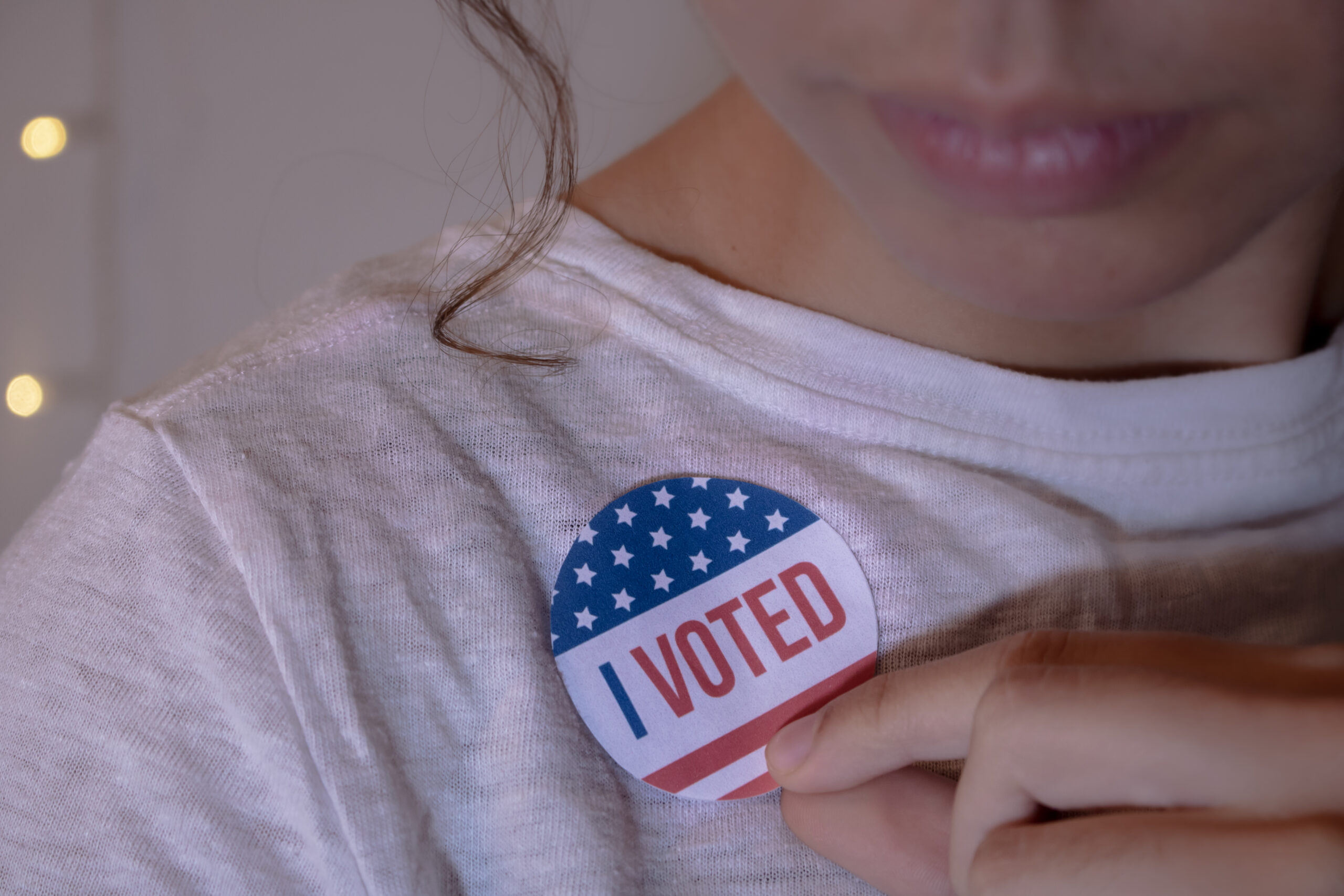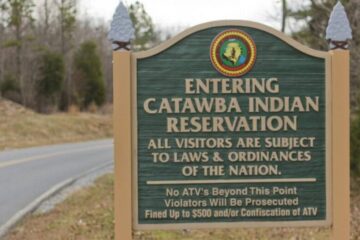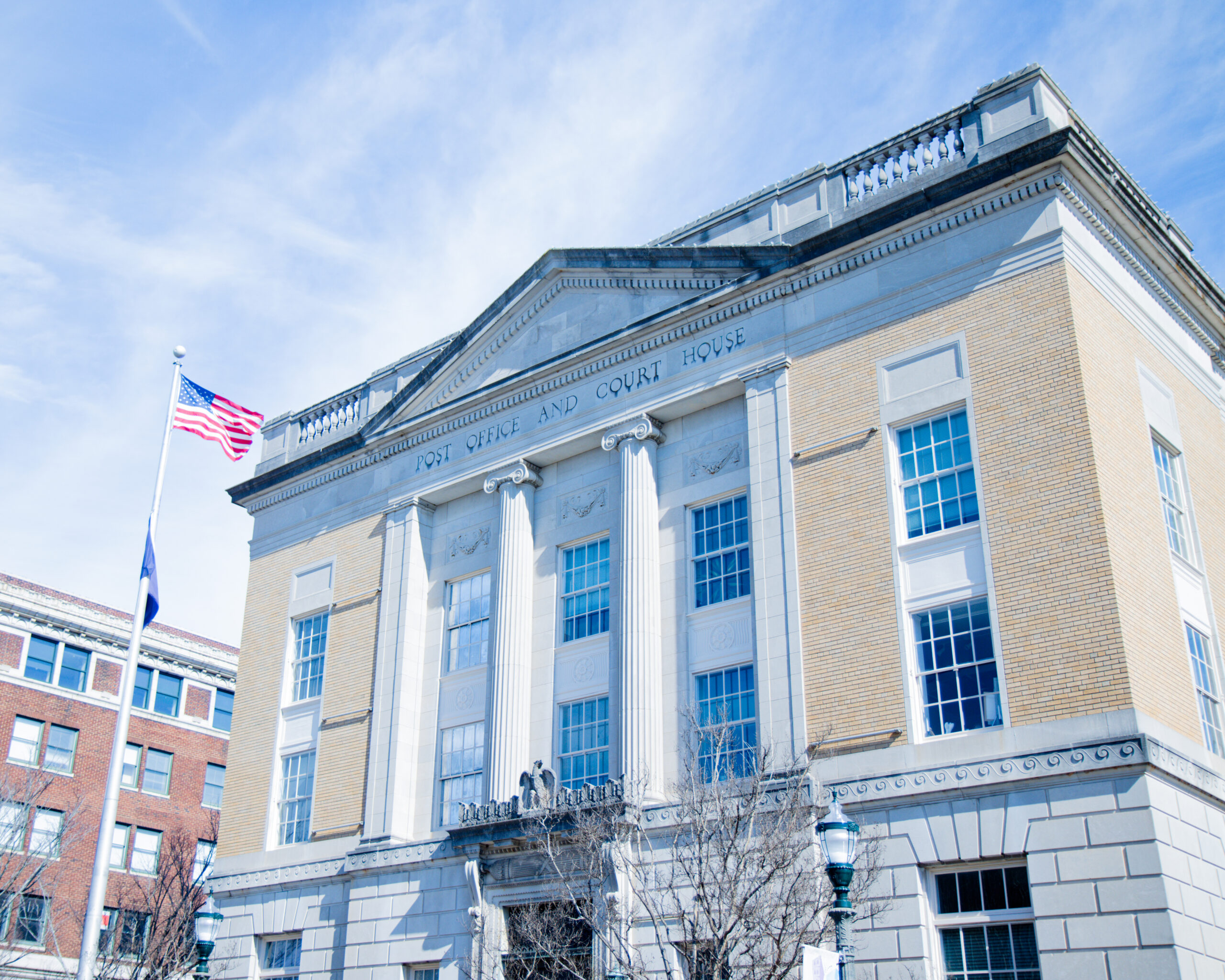Winthrop’s Alumni Association partnered with the Department of Political Science to host their Elections in the Time of Coronavirus: Voting in the Midst of a Global Pandemic event via Facebook Live on Sept. 2. John Holder, Brandon Ranallo-Benavidez and Scott Huffmon were the panelists for the event.
Lori Tuttle, Executive Director of Alumni Relations and Reunion Giving, was instrumental in the planning and execution of the event.
“In brainstorming topics for our Facebook Live sessions, an election year panel seemed like a relevant topic given that we are in an election year that will be very different due to a global pandemic,” Tuttle said. “Winthrop has an amazing political science department with a wealth of knowledge. I knew alumni would have an interest in hearing from professors.
“The vision for the event was a non-partisan discussion led by a panel of professors to share insights on how the voting process may be different and the impact the pandemic would have on the mechanics of voting.”
Jennifer Leigh Disney, professor, Political Science Department Chair and Director of the Women and Gender Studies program, was the panel moderator for the event.
“Let me begin by saying I know that many of us have been touched by COVID-19 in a variety of ways. We may have lost loved ones or know someone who has lost loved ones as a result of COVID-19, and so we would like to begin by offering our condolences,” Disney said at the start of the event.
“In addition, 2020 is an Election Year, and so many people have questions about how to ensure our personal safety and the security of our votes while voting during a global pandemic, so we thought this would be an outstanding time to host a non-partisan panel helping people of all ideologies and all political parties understand their options and actually create a voting plan for 2020,” Disney said.
Holder, a political science professor and advisor for the Winthrop College Democrats, was the first speaker of the night. He spoke on the topics of voter registration and voting absentee, among many other details pertaining to how the polls will operate this upcoming November.
“I think it’s most important for people to realize that voting will be very different this year,” Holder said. “More people will be voting by mail, or will be voting ahead of Election Day, and fewer people will be voting the traditional way, by going to a polling place in their neighborhood on Election Day. I would advise people who want to vote absentee to start the process of getting the ballot now.”
The next speaker of the night was Ranallo-Benavidez, a political science professor.
“This is the centennial of women’s right to vote. This is the largest expansion of the franchise in U.S. history, especially when we think about the fact that until 1920, women weren’t allowed to vote and now they make up a disproportionate size of the electorate. They’re about 51 percent of the population,” Ranallo-Benavidez said.
On top of speaking about the gender gap, Ranallo-Benavidez also spoke on the effects diversity has on the election and the history of American voting.
Huffmon, a political science professor, Director of the Center for Public Opinion and Policy Research and director of the Winthrop Poll, was the final speaker of the evening. He spoke on the topic of public opinion polling.
Using the data from the 2016 election, Huffmon informed event-attendees about what kind of variables have an impact on polling numbers. “When you do a poll, you have to screen, obviously, for registered voters, screen for likely voters, and then wait by registered voters on the bases of sex, race, and age.”
As a result of the efforts from the Alumni Association and the expertise of the professors in the political science department, those who tuned in to watch the event Elections in the Time of Coronavirus event are now equipped to be better informed and prepared to cast their ballot on time and in the right place for the 2020 election.
Photo by Olivia Esselman




